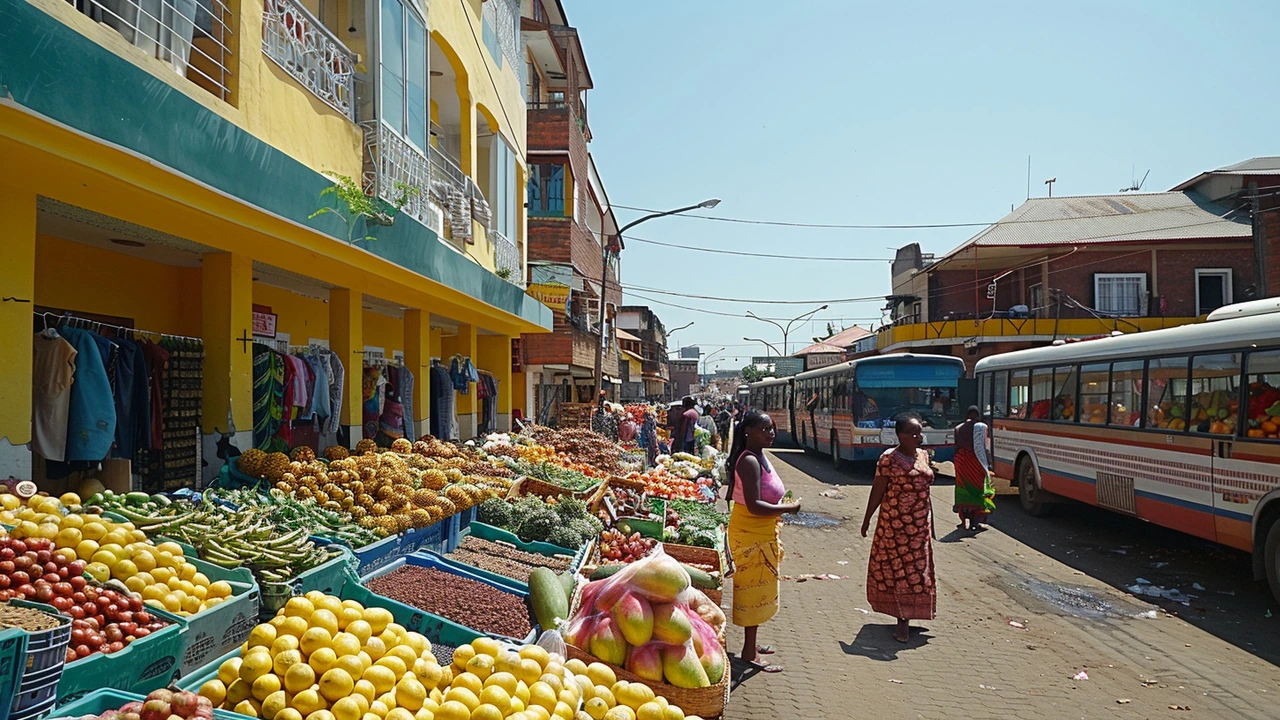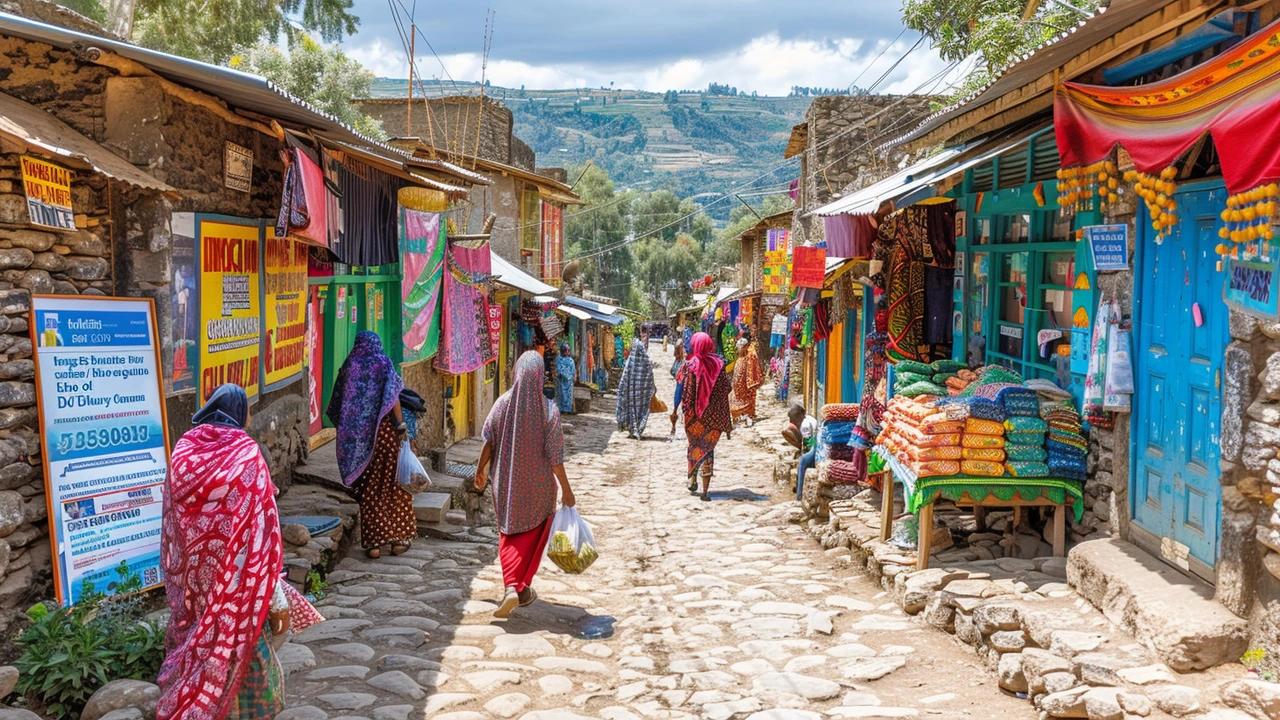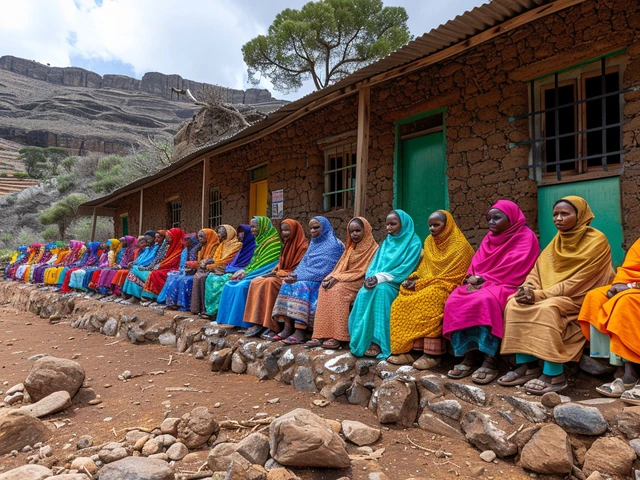Cost of Living in Ethiopia: What You Really Pay for Everyday Life
How far does your money go in Ethiopia? People always wonder if life in Ethiopia is affordable. The truth? The cost of living here is a mix of high and low—some things are cheap, others might surprise you. Let’s break down what you’re likely to spend on housing, food, transport, and salaries in 2024.
Looking at rent, big cities like Addis Ababa are pricier—expect to pay more for a central apartment or a modern flat. In smaller towns, rent drops by a lot. For example, a basic one-bedroom apartment can cost anywhere from 5,000 to 15,000 ETB per month in Addis, or even higher in trendy neighborhoods. Further out, or in smaller cities, you might find a place for half that price. On top of rent, be ready for extra costs like electricity, water, and sometimes a generator if the power cuts out.
Food shopping can be pretty affordable, especially if you stick to local markets and eat what’s in season. Imported goods and processed foods? Those can add up quickly. A routine grocery bill for a family is usually lower than in Europe, but things like packaged snacks and foreign brands are marked up. Eating out ranges from budget-friendly street food to high-end restaurants, depending on your mood and wallet.
Transport is a mixed bag. Public minibus taxis (called "blue donkeys" in Addis) are dirt cheap, but not always the most comfortable or reliable. If you want comfort or speed, ride-hailing apps and private taxis cost more. Owning a car is expensive—fuel is pricey, and cars themselves are much more expensive than in most countries due to import taxes.
Wages might surprise you if you're used to Western paychecks. The average monthly salary in Ethiopia sits way below global averages, usually between 3,000 and 12,000 ETB for common jobs, though skilled professionals and expats might earn more. For example, pharmacists, teachers, and people in tech earn at the upper end of the scale. If you're wondering about the minimum salary—Ethiopia doesn’t have a strict minimum wage law, but labor market standards set some base expectations, especially in larger organizations.
People make their budget work by living simply. Most locals don’t splurge on fancy items or imported goods. If you’re an expat or returning home after time abroad, some things—like electronics—will feel expensive, but basics like vegetables and housing (outside city centers) can seem super cheap.
Jobs in Ethiopia are growing, especially in agriculture, construction, and tech. If you’re thinking about moving for work, consider the balance between what you earn and what you’ll spend. Many newcomers find they need to adjust their expectations, but with smart choices, you can stretch your money surprisingly far.
Thinking about investing here? The thriving sectors are agriculture, real estate, and manufacturing—just keep your eyes on currency and economic trends. Some investors jump in too fast without understanding actual local expenses, so smart planning is key.
In short, whether you’re planning to work, invest, or just get by in Ethiopia, knowing the real cost of living helps you avoid surprises. The numbers aren’t static, but if you stick to local habits and shop smart, you’ll find it’s possible to live comfortably—even on a moderate salary.










